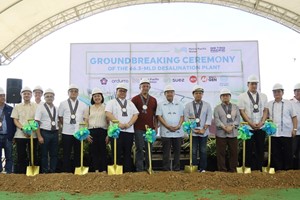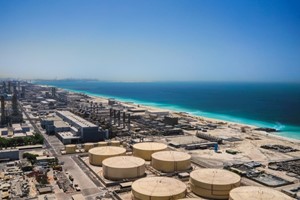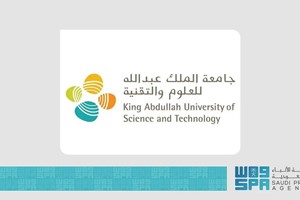On Monday, Nador hosted a day dedicated to communication and raising awareness about a crucial project aimed at securing irrigation for the Moulouya plain through the utilization of desalinated seawater. The event served as a platform to introduce the project to farmers and professional organizations, highlighting its potential to enhance resilience and preserve soil integrity within the agricultural sector.
This initiative, a public-private partnership, is in line with the objectives set forth by the national water program spanning from 2020 to 2027 and addresses the pressing challenges of water scarcity. The meeting saw the participation of various stakeholders, including farmers, professionals, elected officials, and ministerial representatives, notably Minister Mohamed Sadiki and provincial authorities.
A press release disclosed the forthcoming desalination plant's capacity, totaling 250 million cubic meters annually. This capacity will be split between 140 million cubic meters for drinking water and 110 million cubic meters for irrigation purposes, covering nearly 30,000 hectares across both existing and expanding irrigated areas.
The primary goal of the project is to confront structural water deficits exacerbated by climate change and the unsustainable exploitation of resources. Alongside the implementation of desalination technology, other measures include the elevation of the Mohammed V dam to enhance surface water management. Furthermore, efforts to disconnect and modernize drinking water systems from irrigation canals are aimed at minimizing wastage, alongside the modernization of irrigation networks.
Overall, this project represents a significant step towards addressing water scarcity challenges and fostering sustainable agricultural practices in the region.
By Latifa Babas












